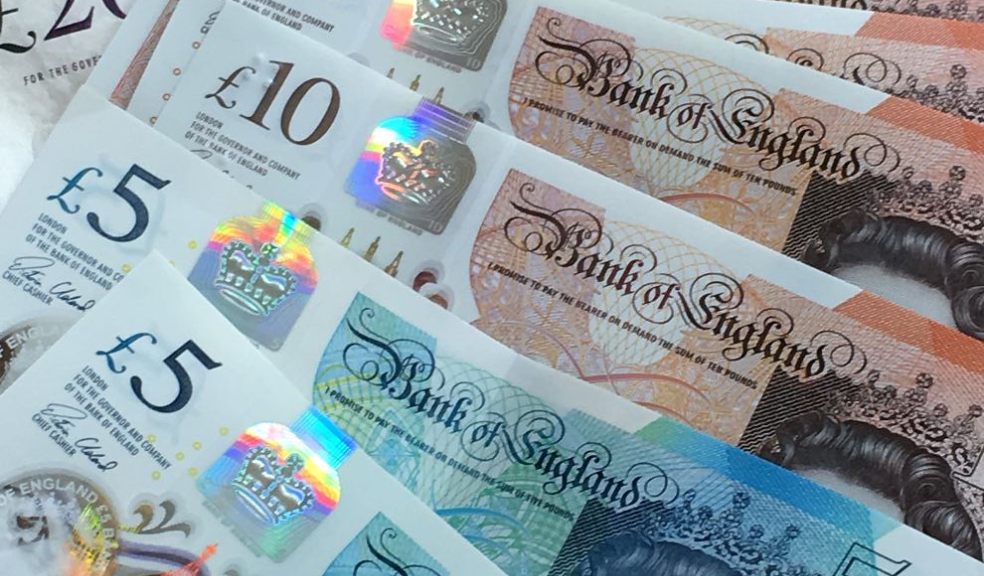
How Does the Falling Pound Affect My Savings?
The UK is suffering an economic crisis very much of its own making, as it continues to reel from the overwhelmingly negative impacts of ex-Prime Minister Liz Truss’ and ex-Chancellor Kwasi Kwarteng’s ‘mini-budget’. Mortgage rates have risen significantly as a result of the Bank of England’s attempts to combat Truss and Kwarteng’s inflationary policies, resulting in a housing crash on top of impending economic recession.
The leading story on the international stage, though, is that of the falling pound. Essentially, the pound sterling has lost value with respect to other currencies – but how has this happened, and what exactly does this mean for the average consumer in the UK?
The Falling Pound
In order to understand the ‘falling pound’, it is first necessary to understand the mechanisms governing foreign exchange, or forex. Forex describes the trading and transacting of world currencies on the international stage; currencies have value relative to one another, that fluctuates according to a wide variety of triggers and events. The value of a euro might decrease over the course of the day, allowing you to buy more euros with the same amount of money for your European holiday.
Economic strength is often measured according to the relationships between certain currencies. One important currency pair is the USD:GBP, or the pound sterling against the US dollar. The falling pound is with respect to this pair in particular.
Truss and Kwarteng’s irresponsible fiscal policy, which included uncosted tax breaks for high-value individuals and sweeping cuts to public services to fund them, spooked the international markets. Other nations lost trust in the UK, and its weak economic stature inspired those with holdings in pounds to sell for other currencies – precipitating a fall to the lowest level in 40 years.
Rising Inflation
The falling pound comes against the backdrop of longer-term economic instability. Issues relating to slow recovery from the coronavirus pandemic, troubled trade in the aftermath of Brexit, and supply shortages caused by Russia’s invasion of Ukraine have all contributed to an unusually high rate of inflation, with consequences for consumer spending power.
Impacts on the Consumer
It is hard to summarise the various impacts the falling pound will have on the average consumer, tied up as it is in wider economic issues and an unclear path to recovery. Rising inflation was already seeing the cost of goods, services and energy rising significantly – especially in comparison to stagnating wages and interest rates.
Essentially, the falling pound reduces the spending power of the pound with regard to other currencies, as well as goods. This means the cost of importing items will be even higher, which could have a further inflationary impact on many household items. Conversely, though, exporting becomes more valuable, which could throw smaller international businesses a vital lifeline.



















